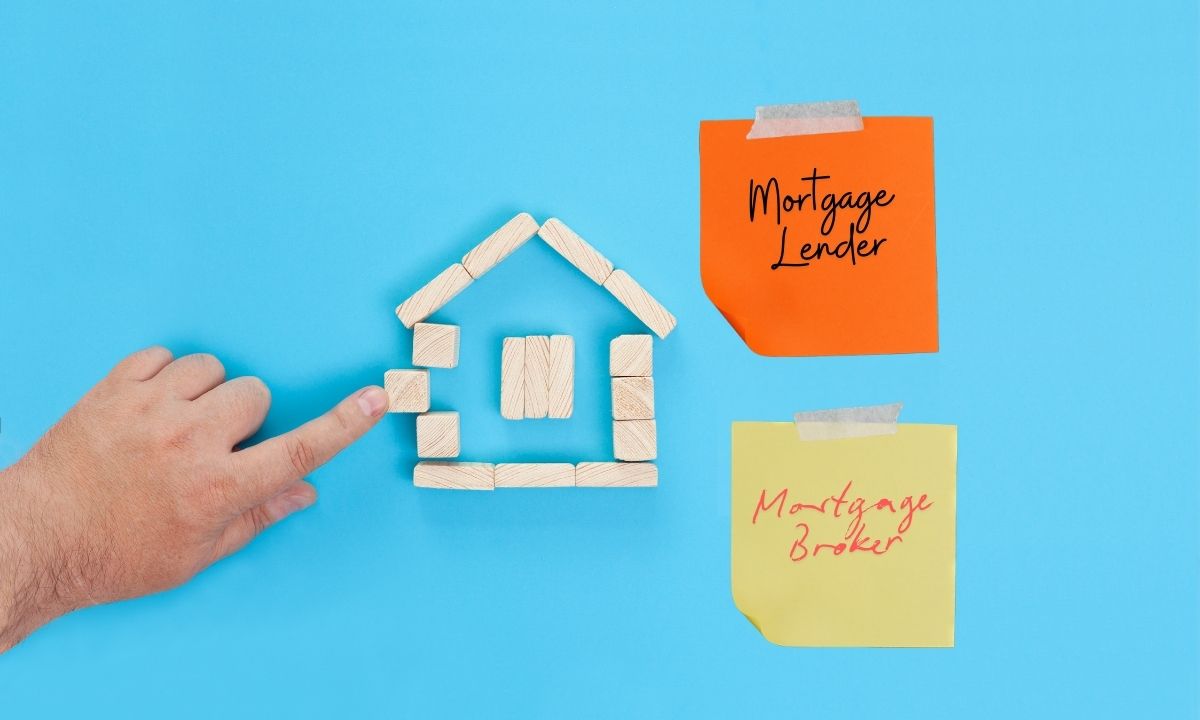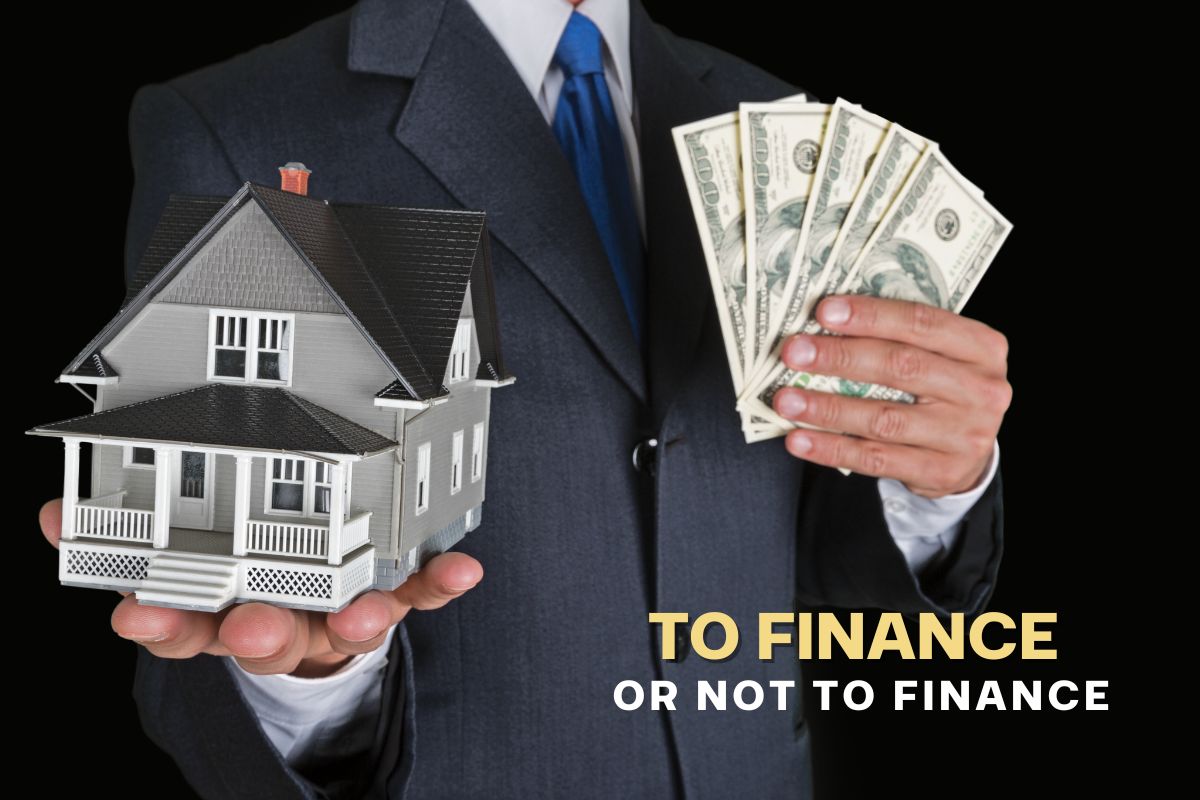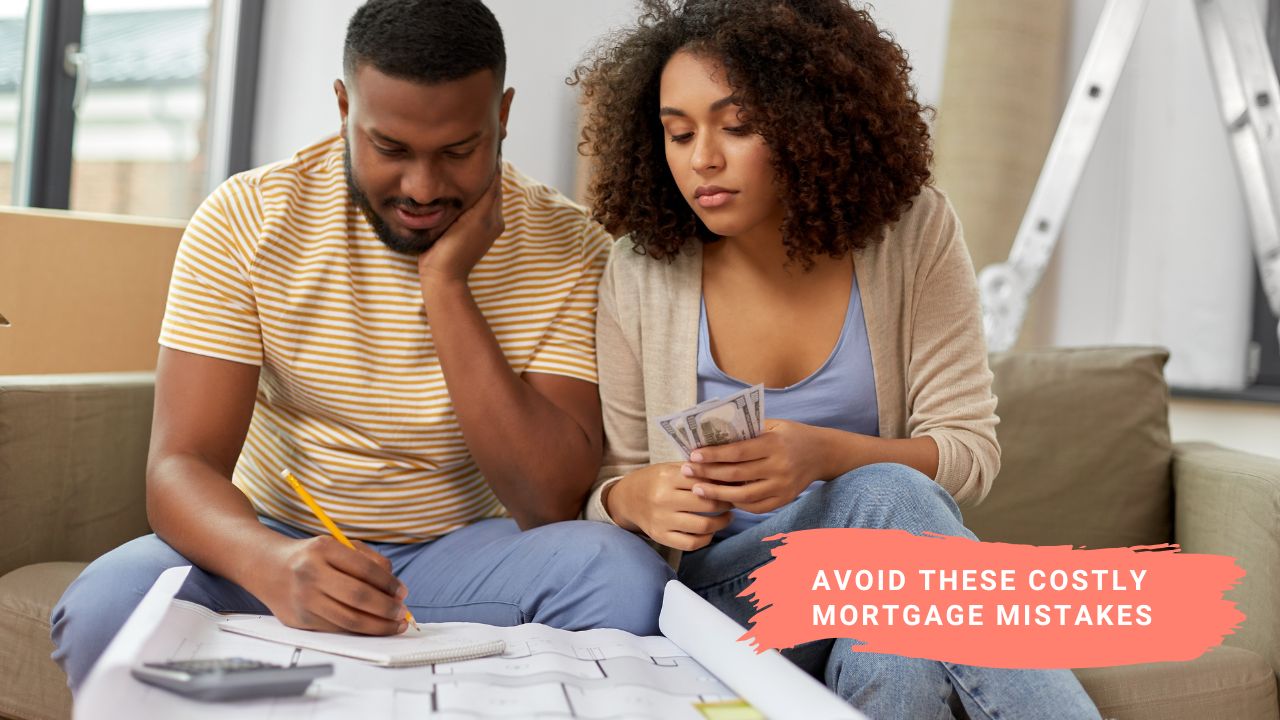 When you’re ready to buy a home, one of the first steps is securing a mortgage. While many people simply turn to their current bank for a loan, there are other options to consider that might provide better rates and terms for your situation.
When you’re ready to buy a home, one of the first steps is securing a mortgage. While many people simply turn to their current bank for a loan, there are other options to consider that might provide better rates and terms for your situation.
This is where understanding the difference between a mortgage broker and a mortgage lender can help. Both play essential roles in the home loan process, but they function in very different ways. Let’s break it down so you can determine which path might work best for you when seeking mortgage financing.
What is a Mortgage Lender?
A mortgage lender is a financial institution — like a bank, credit union, or online lender — that provides loans directly to borrowers. Lenders are the ones who have the capital to lend, and they are responsible for underwriting the mortgage, setting loan terms, and making the final decision about who is approved for a loan.
The key characteristics of a mortgage lender include:
- Direct Loaning: The lender is the one who provides the funds for your mortgage. If you apply with a specific bank or credit union, they will assess your financial situation and decide whether you meet their loan requirements.
- In-House Terms: Lenders typically offer a range of loan products but are limited to the types of loans they offer based on their guidelines. While they may offer several different loan options (such as FHA, VA, or conventional loans), you are limited to the loans they offer within their portfolio.
- Interest Rates and Fees: Lenders set the interest rates and other fees associated with the loan. These rates can vary depending on your credit score, loan type, and the lender’s pricing.
- Efficiency: Working with a lender can be more streamlined if you already have an existing relationship with them (for example, if you have a checking or savings account with the bank). In such cases, the process can be faster and more convenient since your financial information is already on file.
However, the main limitation of working directly with a lender is that you may not have access to a wide range of loan products. You might miss out on more favorable rates or terms that could be available elsewhere.
What is a Mortgage Broker?
A mortgage broker, on the other hand, does not lend money directly to you. Instead, they act as an intermediary between you and multiple lenders. Think of them as personal shoppers for mortgages. Their role is to find the best loan option for your financial situation by shopping around with different banks, credit unions, and other financial institutions.
Key characteristics of a mortgage broker include:
- Access to Multiple Lenders: Unlike lenders, brokers are not tied to any specific financial institution. This means they can shop around and work with multiple lenders to find the best loan options for you, which could potentially lead to better rates, terms, and overall savings.
- Expert Guidance: Brokers have experience navigating the complexities of the mortgage market and can help you make sense of your options. They can provide advice on which lenders might be the best fit for your situation and even suggest ways to improve your financial profile to help you qualify for a better loan.
- Convenience: A broker does the legwork of gathering your financial information, comparing loan options, and submitting applications to multiple lenders on your behalf. This can save you a lot of time and effort, especially if you’re unsure of which lenders to approach.
- Tailored Service: Brokers may also have access to niche loan products or lenders that you wouldn’t typically find on your own. If you have unique financial circumstances or need a more specialized loan, a broker might be able to find a more customized solution.
However, one thing to be aware of is that brokers may be compensated in different ways. Some may charge you a fee directly, while others are compensated by the lenders. This means it’s important to clarify how a broker is paid upfront to avoid any surprises.
The Pros and Cons of Brokers and Lenders
Ultimately, the decision between working with a mortgage lender or a broker comes down to your specific needs and preferences. If you prefer working directly with one institution and want a more streamlined process, a lender might be a good choice. But if you’re looking for more loan options, personalized advice, and assistance shopping around, a mortgage broker might offer better value.
Which One is Right for You?
Both mortgage brokers and lenders have their benefits depending on your unique situation. If you’re someone who values convenience and has an established relationship with a bank or credit union, working directly with a lender might be a more straightforward route. On the other hand, if you want more variety in loan products and value having an expert help you navigate the process, a mortgage broker could be a great fit.
Both professionals are focused on helping you secure the best financing for your home. The right choice depends on your preferences for customer service, loan flexibility, and whether you’re willing to work with one institution or multiple lenders.
 Deciding to finance a new home can be exciting, and because of that buyers tend to want to jump right in. Not so fast! Before you start searching for your dream home, you need to get pre-approved and that means applying for a loan. You will need to get things in order by deciding how much home you can afford, mapping out your expenses, gathering all of your documents and then start looking for a lender that can help you decide what loan is best for you.
Deciding to finance a new home can be exciting, and because of that buyers tend to want to jump right in. Not so fast! Before you start searching for your dream home, you need to get pre-approved and that means applying for a loan. You will need to get things in order by deciding how much home you can afford, mapping out your expenses, gathering all of your documents and then start looking for a lender that can help you decide what loan is best for you.
 Buying a home is one of the biggest financial decisions you’ll ever make. While it’s an exciting milestone, the mortgage process can be complex, and simple mistakes can cost you thousands of dollars or even derail your homeownership dreams. To ensure a smooth home-buying journey, here are some of the most common mortgage pitfalls—and how to avoid them.
Buying a home is one of the biggest financial decisions you’ll ever make. While it’s an exciting milestone, the mortgage process can be complex, and simple mistakes can cost you thousands of dollars or even derail your homeownership dreams. To ensure a smooth home-buying journey, here are some of the most common mortgage pitfalls—and how to avoid them. When you’re ready to buy a home, one of the first steps is securing a mortgage. While many people simply turn to their current bank for a loan, there are other options to consider that might provide better rates and terms for your situation.
When you’re ready to buy a home, one of the first steps is securing a mortgage. While many people simply turn to their current bank for a loan, there are other options to consider that might provide better rates and terms for your situation.